Contraction - Contraction (Reissue, Remastered) (1972/2005)
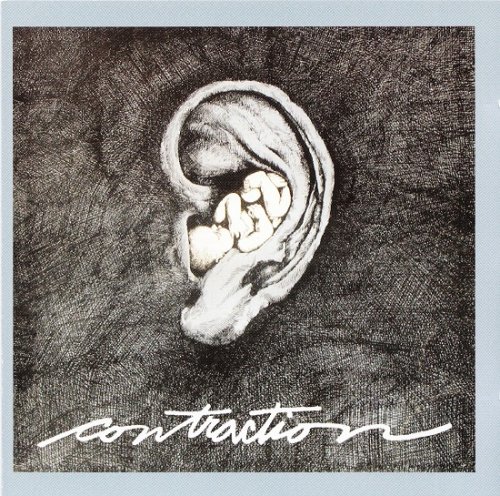
Artist: Contraction
Title: Contraction
Year Of Release: 1972/2005
Label: ProgQuébec
Genre: Prog Rock
Quality: Mp3 320 / Flac (tracks, .cue, log)
Total Time: 31:56
Total Size: 119/238 Mb (scans)
WebSite: Album Preview
Title: Contraction
Year Of Release: 1972/2005
Label: ProgQuébec
Genre: Prog Rock
Quality: Mp3 320 / Flac (tracks, .cue, log)
Total Time: 31:56
Total Size: 119/238 Mb (scans)
WebSite: Album Preview
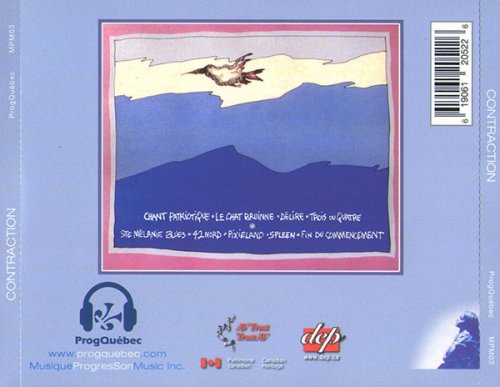
Tracklist:
1. Chant Patriotique (3:30)
2. Le Chat Bruinne (5:10)
3. Délire (474 Rang de la petite Côte d'en Bas) (3:54)
4. Trois ou Quatre (5:21)
5. Ste-Mélanie Blues (3:55)
6. 42 Nord (1:48)
7. Pixieland (3:17)
8. Spleen (2:45)
9. Fin du Commencement (1:50)
Line-up:
Christiane Robichaud / vocals & arrangements
Yves Laferrière / bass
Robert Lachapelle / piano & electric piano
Robert Stanley / guitar
Christian St-Roch / drums
Rawn Bankley / acoustic guitar
Michel Robidoux / acoustic guitar, guitars
Marcel P. Huot / drums
Denis Farmer / drums
Carlyle Miller / flute, arrangements (vocals & flute), electric saxophone
J.J. / flute
Michel Séguin / congas
Frank Dervieux / organ
One of the most important Progressive rock albums coming from La Belle Province was Dimension M (released in 71) from frontman FRANK DERVIEUX, and his back-up band happened to be the group that would call themselves CONTRACTION after Dervieux's sickness that would eventually take his life at a tragically low age. Not only was he all too young, but Dimension M is one of the defining albums for the coming prog tsunami that would flood Quebec throughout most of the 70's and it helped the Quebecois cultural revolution. Most musicologists would agree that after ROBERT CHARLEBOIS daring to sing with his Joual accent from the late 60's onwards, the few early rock groups around in the early 70's also dared singing in French (OCTOBRE, OFFENBACH, DYONISOS, LES CHAMPIGNONS) whereas many others still sung in English (MAHOGANY RUSH, MORSE CODE TRANSMISSION etc), and Frank's Dimension M was one of the most influential in that respect (although it has yet to be reissued on the Cd format) and gave a boost to many other groups.
Sooo, DERVIEUX's backing band decided to remain together and recorded their self-titled debut album, which was released in early 72 in both French and English version (there was still that temptation) with that famous arresting artwork depicting a baby curled up in an ear, artwork which hinted at the upcoming birth of a prog boom. The group evolved around songwriting bassist Laferriere and keyboardist Lachapelle, but had a very charming stage presence due to Christiane Robichaud's sensual and suave vocals. Robichaud's vocals would leave a definitive influence on Quebec's female vocals in the rock realm. This debut album consolidated the group in its endeavours. During 73, the group got mixed in with the VILLE EMARD BLUES BAND, a jazz-rock adventure that would last less than two years, but reunited almost everyone in the Quebec scene.
But this was nothing yet, compared to the group's following album released in early 74 called La Bourse Ou La Vie, which would create a real frenzy, causing all sorts of groups to start up that year, including HARMONIUM, MANEIGE, MORSE CODE (switching to French singing and dropping the "transmission"), TOUBABOU, OPUS 5, SLOCHE to all release their debut albums with the next 18 months. La Bourse Ou La Vie is an excellent indefinable mix of influences where a slight jazzy prog-rock seems to be the prime ingredient, but hardly the only one. The album's name is a reaction to the heavy pressures of their record label to ask them to be more commercial, but they refused, using that hold-up catch phrase. Indeed, if the tracks on the A side were still very much like their debut album, almost all of the flipside is taken by the 18-minutes title track with a slight Canterbury twist and some Crimson touches.
The group broke up after the legendary St Jean Festival on the Mont Royal with Harmonium, BEAU DOMMAGE, LES SEGUINS, Octobre and more. (This particular event was so successful that it involuntarily was leading Quebec youth into independent Quebec frame of mind, along with the arrival of the Parti Québecois to power and the separatism issue that would spoil intra-Canada relations between Quebec and the rest of the country) Two years later, bassist Laferrière released a solo album (included in Contraction's page), which still had some of Contraction's paw written all over it.
Sooo, DERVIEUX's backing band decided to remain together and recorded their self-titled debut album, which was released in early 72 in both French and English version (there was still that temptation) with that famous arresting artwork depicting a baby curled up in an ear, artwork which hinted at the upcoming birth of a prog boom. The group evolved around songwriting bassist Laferriere and keyboardist Lachapelle, but had a very charming stage presence due to Christiane Robichaud's sensual and suave vocals. Robichaud's vocals would leave a definitive influence on Quebec's female vocals in the rock realm. This debut album consolidated the group in its endeavours. During 73, the group got mixed in with the VILLE EMARD BLUES BAND, a jazz-rock adventure that would last less than two years, but reunited almost everyone in the Quebec scene.
But this was nothing yet, compared to the group's following album released in early 74 called La Bourse Ou La Vie, which would create a real frenzy, causing all sorts of groups to start up that year, including HARMONIUM, MANEIGE, MORSE CODE (switching to French singing and dropping the "transmission"), TOUBABOU, OPUS 5, SLOCHE to all release their debut albums with the next 18 months. La Bourse Ou La Vie is an excellent indefinable mix of influences where a slight jazzy prog-rock seems to be the prime ingredient, but hardly the only one. The album's name is a reaction to the heavy pressures of their record label to ask them to be more commercial, but they refused, using that hold-up catch phrase. Indeed, if the tracks on the A side were still very much like their debut album, almost all of the flipside is taken by the 18-minutes title track with a slight Canterbury twist and some Crimson touches.
The group broke up after the legendary St Jean Festival on the Mont Royal with Harmonium, BEAU DOMMAGE, LES SEGUINS, Octobre and more. (This particular event was so successful that it involuntarily was leading Quebec youth into independent Quebec frame of mind, along with the arrival of the Parti Québecois to power and the separatism issue that would spoil intra-Canada relations between Quebec and the rest of the country) Two years later, bassist Laferrière released a solo album (included in Contraction's page), which still had some of Contraction's paw written all over it.
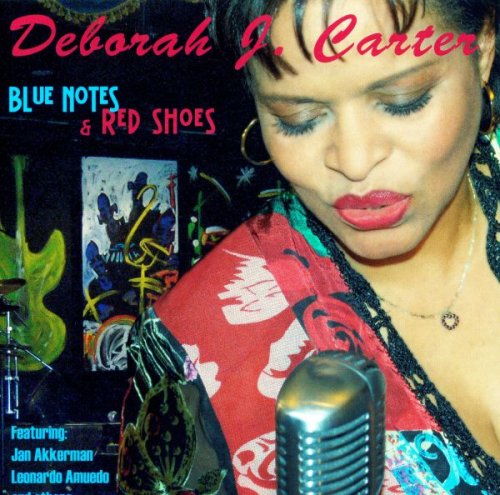
![Meinild/Anderskov/Tom - Spectral Entanglements (2023) [Hi-Res] Meinild/Anderskov/Tom - Spectral Entanglements (2023) [Hi-Res]](https://www.dibpic.com/uploads/posts/2026-02/1771491474_hl116k2q9n24a_600.jpg)
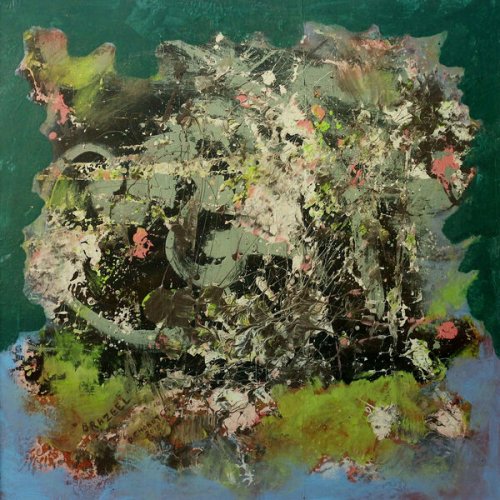
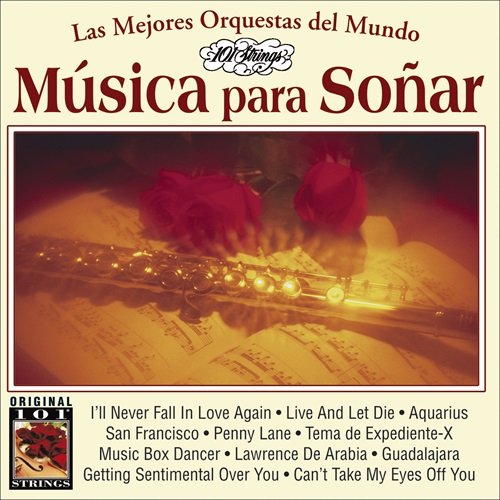
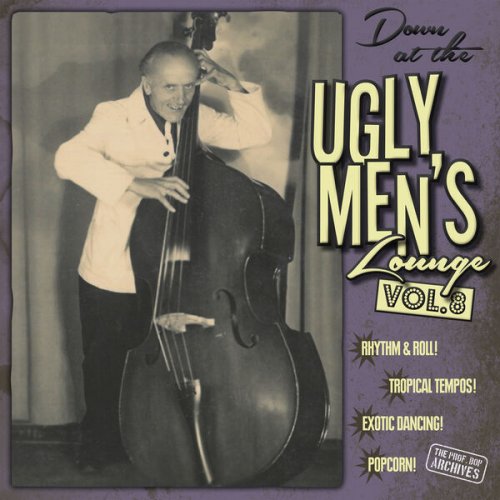
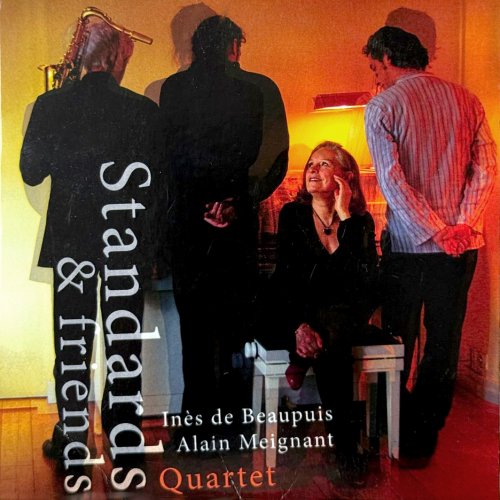

![Moonchild - Waves (2026) [Hi-Res] Moonchild - Waves (2026) [Hi-Res]](https://www.dibpic.com/uploads/posts/2026-02/1771498123_a3922124048_10.jpg)
